13,000 yen. I’ll give you a discount. A walk through the deep town of chaos in Kawaguchi and Warabi, Saitama Prefecture, where illegal sex services that were supposed to have been destroyed have…
Irregular New Series] Illegal adult entertainment has disappeared, and Chinatown and Warabistan have risen. ......[Part 2
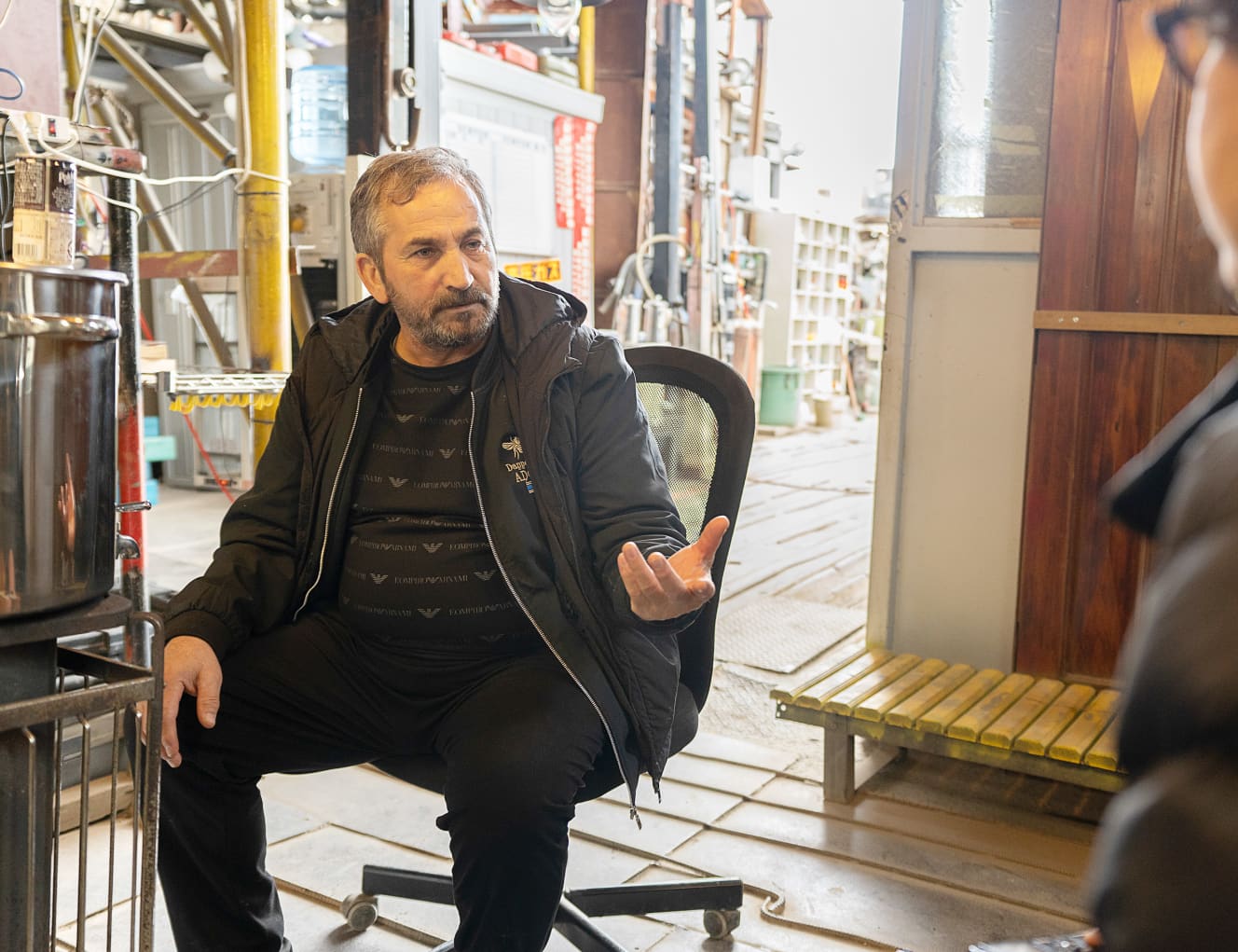
When I stepped into the grocery store on the premises, I found a random assortment of foodstuffs unfamiliar to the Japanese, such as crawfish and small crabs. Written on the packages was Chinese. As soon as I left the store, I came into view of a bulletin board for local residents, which was also covered with numerous signs in Chinese urging thorough manners.
A Japanese man who has lived in this housing complex for nearly 40 years said, “There used to be many Japanese people living here.
There used to be a lot of Japanese living here, but the number of Chinese began to increase around 1990. I hear that more than 2,300 people live here now. As you can see from the sign, the residents’ manners have deteriorated, and we are having a hard time. There are empty beer and chuhai cans lying around in the plaza in the center of the complex, and they drink alcohol even at night, so the noise is terrible. I don’t know who it was, but some furniture was thrown into a kindergarten. To be honest, the manners of the Japanese people are not very good either. Japanese people are also dumping illegally in the middle of the night. It’s already chaos. ……”
Refrigerators, shelves, and other oversized trash were left in the garbage area of the apartment complex, and even there, a sign warning against illegal dumping was conspicuous.
Kawaguchi City, a 20-minute train ride from Ikebukuro, is home to about 40,000 foreign residents, making it the municipality with the largest foreign population in Japan. The neighboring city of Warabi also has approximately 8,500 residents, or 11.2% of the population. Over the past few years, the city has become even more multinational and a melting pot of races.
In walking around both cities, the author met people from 12 different countries, including Asia, the Middle East, and Africa. Listening to their voices, the difficult problems facing the region came to the surface.
According to a person in charge of the Multiculturalism Section of Kawaguchi City’s Cooperation Promotion Division, “Complaints about daily life (garbage disposal, noise problems, etc.) are increasing” as the multinational population has become increasingly multinational.
The area around JR Nishi-Kawaguchi Station has been particularly marked as a Chinatown in the city. The contrast with the Kawaguchi Station area, where luxury condominiums are being built, is even more striking.
In the past, this area was a major entertainment district called “NK (Nishi-Kawaguchi) Style,” where about 300 illegal adult entertainment establishments operated. However, the Saitama Prefectural Police designated the area as a “priority promotion district for the purification of the sex industry environment,” and the town’s appearance changed drastically in 2006 when a roundup was carried out. Today, a few soaplands and other establishments remain, but “they are nowhere near as vibrant as they were back then,” according to a member of the shopping district association.
A Chinese woman who has lived in the area for more than 30 years reveals the situation.
In the heyday of the NK school, on weekends, customers would flood in from all over the county and beyond. …… There were nearly 100 luxury black cars parked on the street. But they got busted and the customers and the stores disappeared. The tenants disappeared, and Chinese moneymen bought the buildings with cash, one by one, after the prices collapsed. The real estate agency that brokered the deal was a Chinese company in front of the station. Now that they have a base, more and more Chinese are moving into the area.
After 23:00, Chinese touts begin to appear on street corners. They would say, “13,000 yen, I’ll give you a discount. I’ll give you a discount.” I followed them and was led to an illegal NK-style brothel, which was supposed to have already been destroyed.
In a room in a building managed by Chinese, I encountered a shocking scene in which about six Thai women were crammed into the room. In a room in another building nearby, we saw a Chinese woman selling springtime sex to Japanese people. We also confirmed the existence of a building that housed an illegal Chinese-owned casino, although we could not enter the building because it was an introduction-only establishment.
These illegal establishments are reportedly repeatedly being busted and reopened. A local business owner explained, “Nishi-Kawaguchi is even more chaotic.
Originally, Kawaguchi was a town with many foundry factories and many foreign workers. Because of the flourishing gambling industry, all kinds of yakuzas have been coming in from the past, and there was a lot of trouble because of it. Nowadays, Chinese gangsters are replacing the yakuza because of their money and numbers, but recently Vietnamese gangs are also increasing.
On July 4 last year, about 100 Kurds crowded into a hospital in Kawaguchi City where a patient injured in a fight between Kurds was brought in. They tried to open the entrance to the emergency room and shouted so loudly that the prefectural police riot squads were mobilized, and some media reported the incident as a “brawl. Since the riot, Warabi City, where over 1,000 Kurds live, has been in the public eye.
Since the report of the brawl, there have been many reports of “Kurds running wild late at night in modified vehicles” and “Kurdish people gathering at convenience stores and other places and talking loudly, which is a nuisance. The term “warabistan” was also coined. Photos of Kurdish people taken in hidden locations began to be posted on social networking sites.
While a FRIDAY photographer was taking pictures in front of JR Warabi Station, he was surrounded by a group of excited foreigners. When he spoke to them while trying to calm them down, they replied, “Since the Kurdish riots last year, we have been photographed just walking around town and uploaded on the Internet without our permission. The number of hate posts saying ‘foreigners should leave’ has also increased. I want you to tell them that fact,” he pleaded.
In Warabi City, we interviewed Ghanaians, Nigerians, and Pakistanis, many of whom are sweating it out in construction, demolition, and other field work. It should be noted that their employment in jobs that suffer from a chronic shortage of labor is one aspect of society.
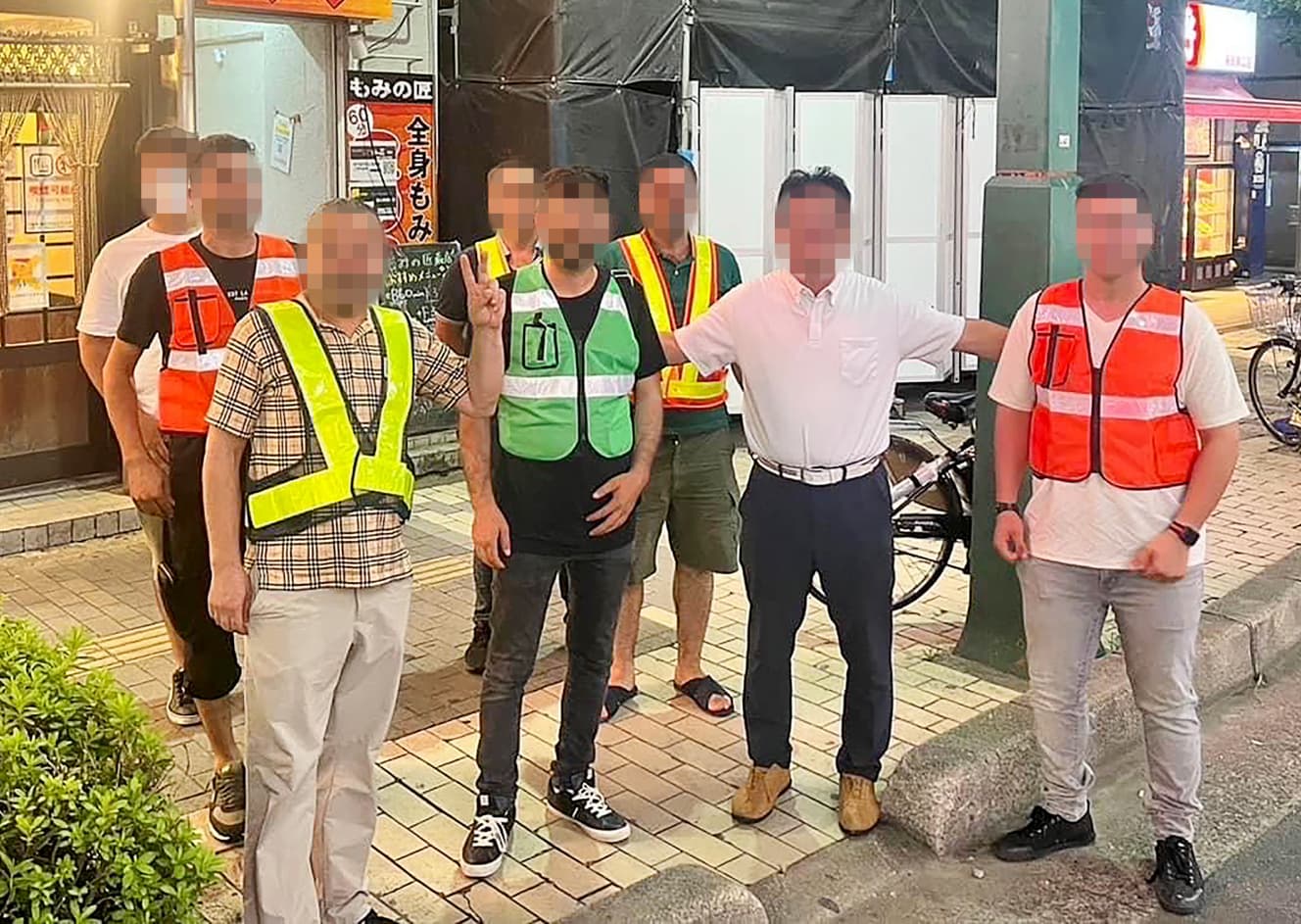
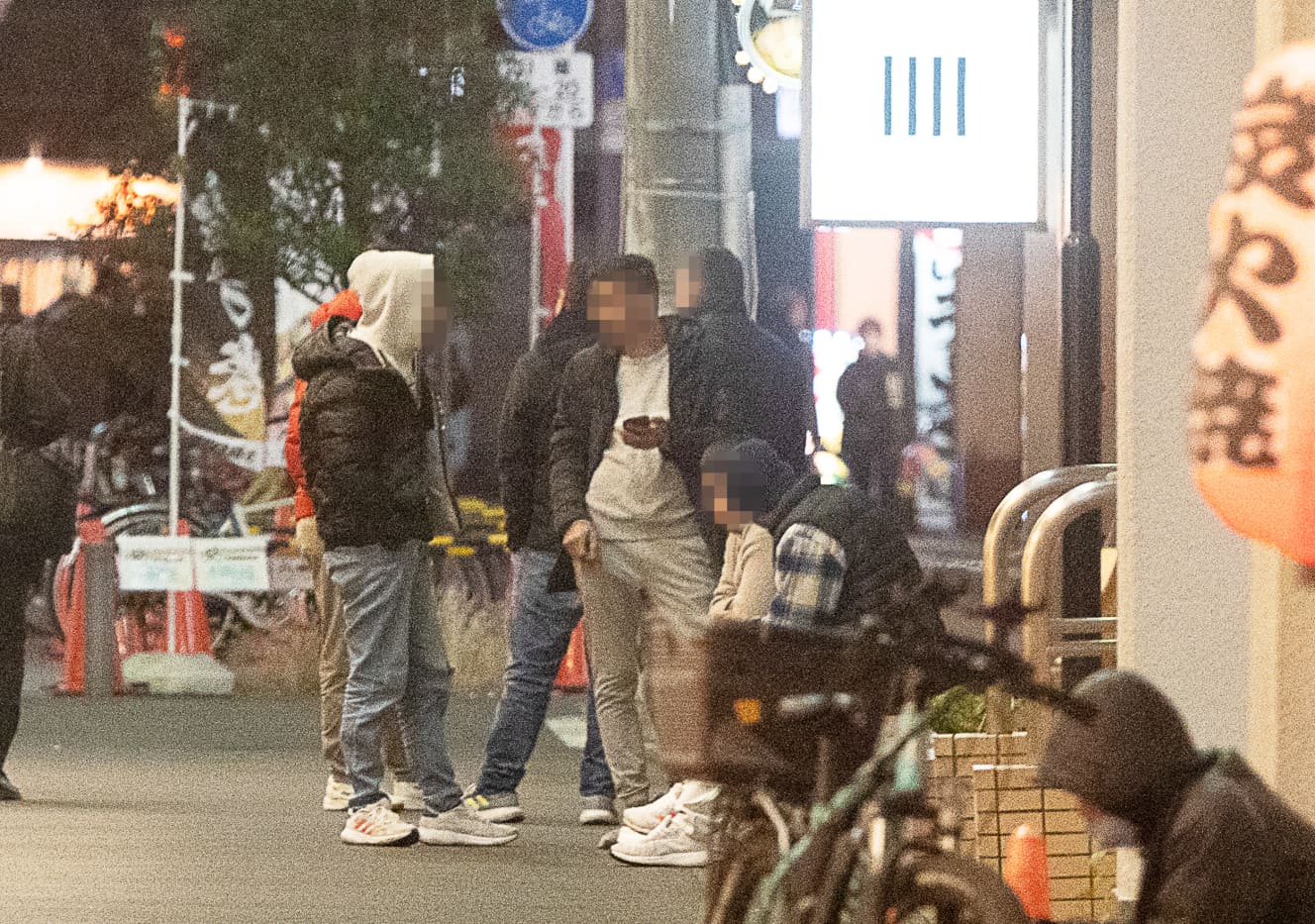
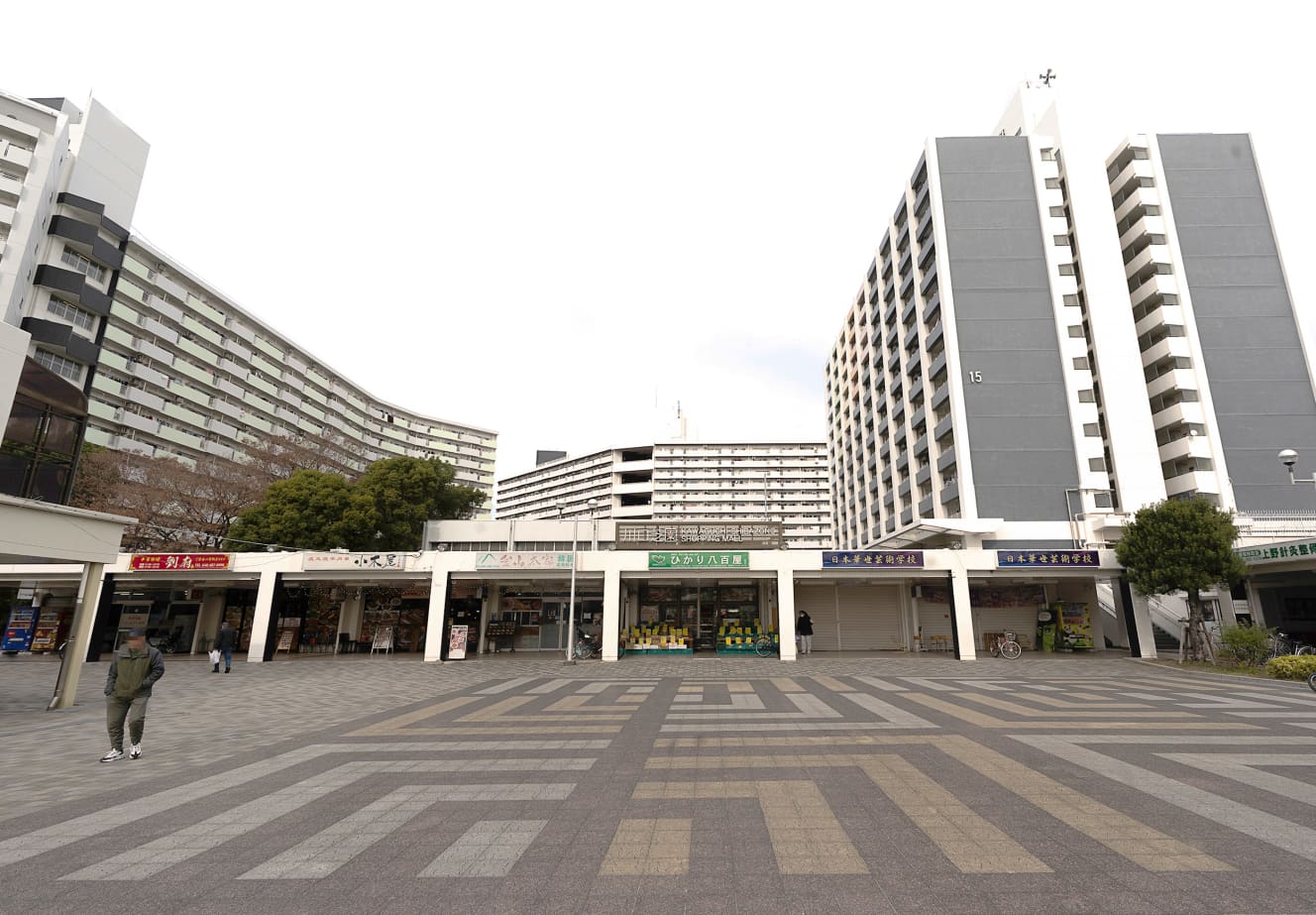
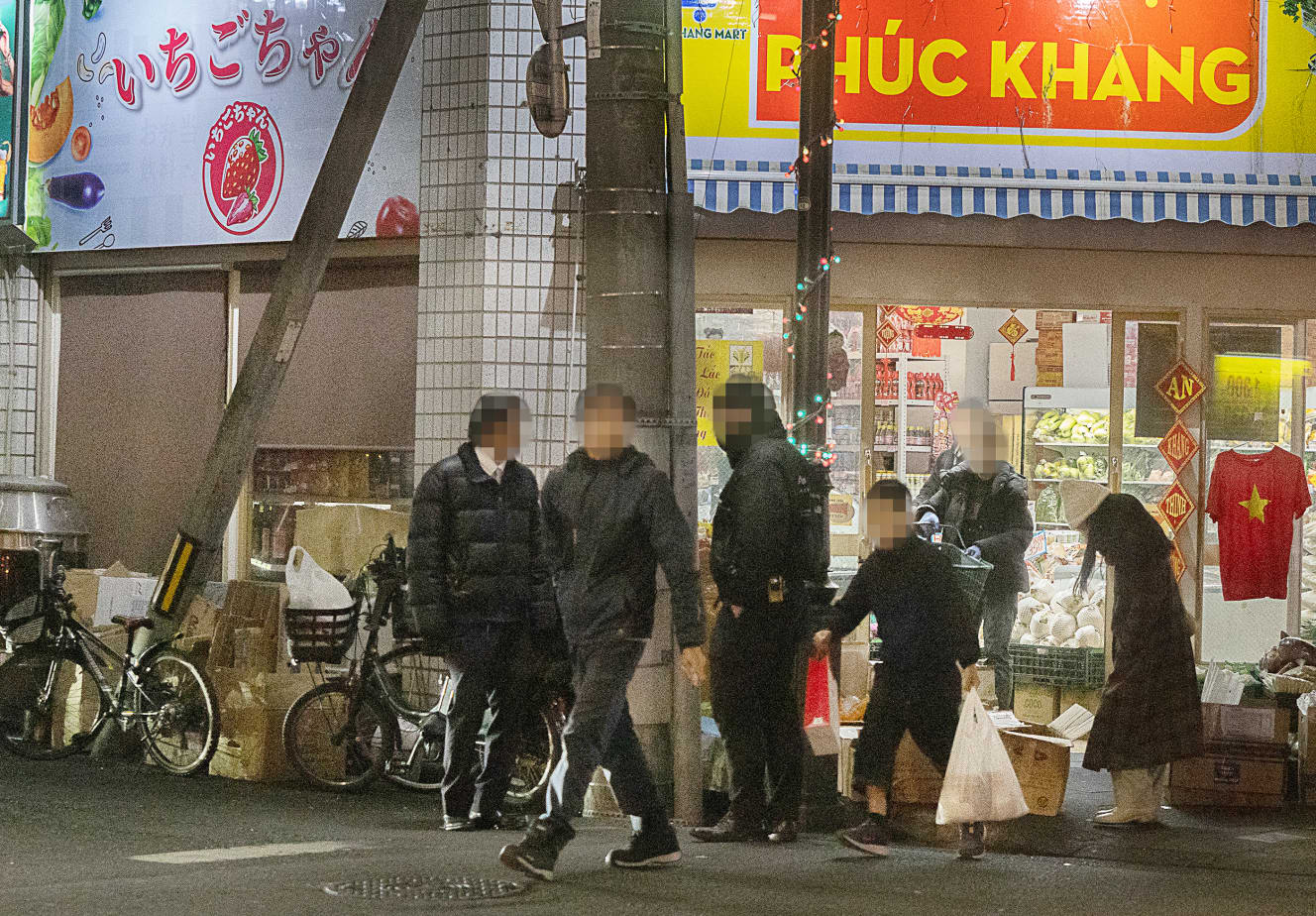
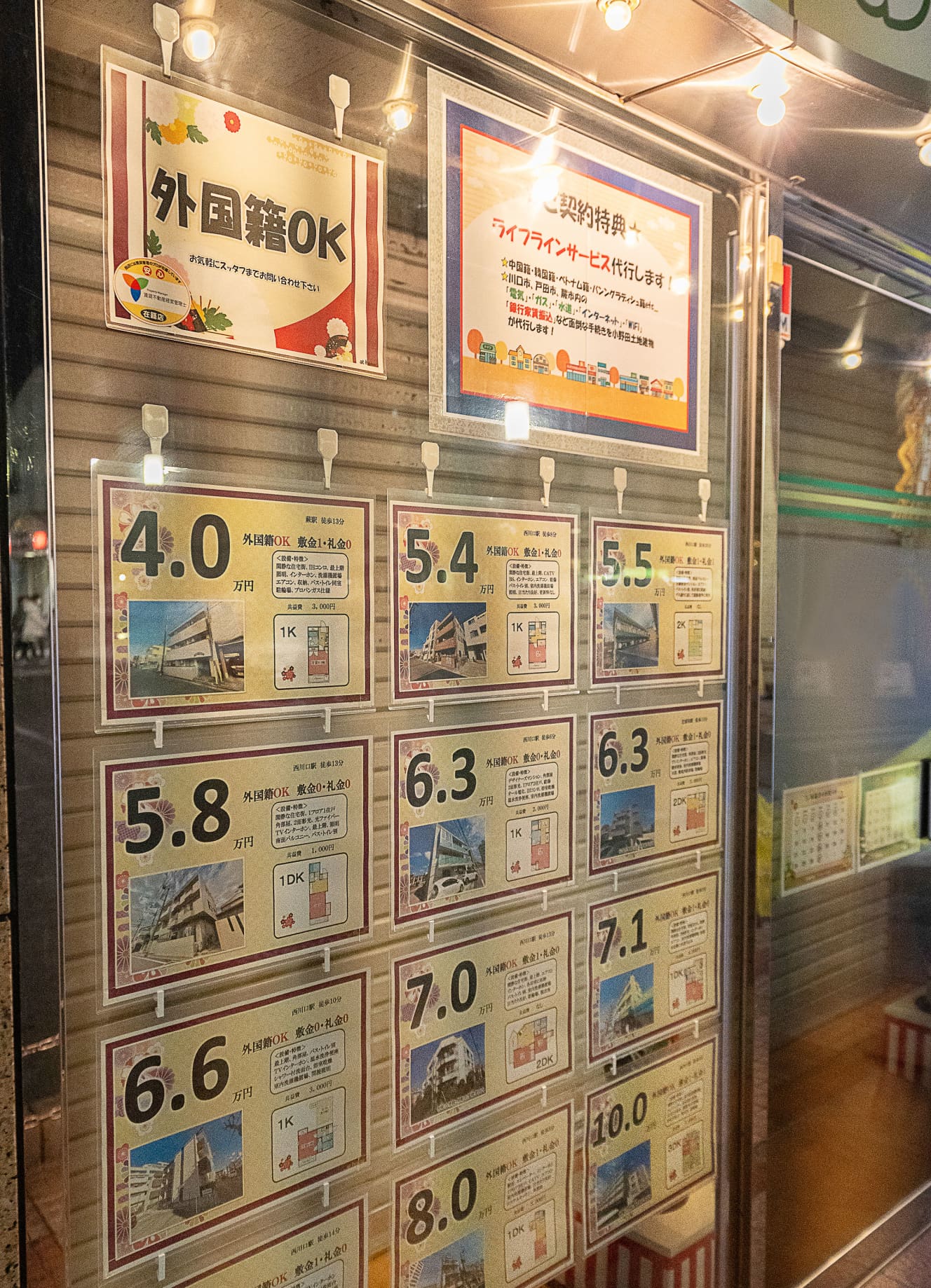
Confessions of a “Big Boss
The Kurds in Warabi City are currently facing a delicate situation. The assets of the Kawaguchi-based “Japan Kurdish Cultural Association” in Turkey have been frozen by the Turkish government on the grounds that they are related to a terrorist organization (the association immediately denied any connection). Perhaps because of this, the author was often reticent to give interviews, but in the midst of all this, I managed to get to someone who is known as the “big boss” among the Kurds.
Mehmet Tashi, who moved to Japan in ’93 and has been here for 30 years. He started the first Kurdish demolition company about 15 years ago. The number of people who have worked for his company has now grown to more than 100. He is the man who laid the foundation of the Kurdish demolition industry. He agreed to be interviewed, giving us his name and the exact situation surrounding the Kurdish people.
He said, “First of all, it is correct to say that the disturbances at the hospital last year were caused by the relatives of both sides getting together to stop a fight that arose from a female-related problem, so that the problem would not become bigger. But in Japan, it was reported that 100 people had gathered to fight.
Most Kurds are serious workers. Some of them are bad people and cannot follow the rules, but I strictly tell them, ‘If you are going to live in Japan, you must follow the minimum rules in your life and work. Still, there is some discomfort in being criticized just for talking with your friends at a convenience store or driving the car you like. This is because we work and pay taxes just like Japanese people, and we need to have fun too. I feel that there is an aspect of being discriminated against just because we are Kurdish.
According to Tashi, there is no particular reason why Kurds began to gather in this area.’ Around 1990, there were only five or six Kurds in the area, but Kurds with strong kinship ties relied on Issei like Tashi to come to Japan. Many of them, however, have had a hard time in Japan.
I have experienced many unreasonable complaints from Japanese people about demolition work, not being paid, and being skipped jobs,” he said. It is frustrating and I have had negative feelings because we have lives too. Some foreigners working in Japan may feel the same way. But Japan needs to be chosen as ‘the country where foreigners want to work’ in order to solve the labor shortage in the construction and other industries. I would like the government to seriously consider what is needed to achieve this. Kurdish people are different from other foreigners because it is not easy to get refugee status and they do not have a country. We have no choice but to live where we are. That is why I want to appeal strongly.”
What the foreign workers in Warabi and Kawaguchi confided in common was the current state of exploitation and prejudice they have suffered in Japan. They also expressed their sadness that the longer they live in Japan, the more their view of Japan, which they loved, changes. The same was true for Tashi.
The reality is that many real estate agencies in the city still refuse to introduce properties to foreigners. In front of Warabi Station, the city’s Board of Education had posted a slogan, “Eliminate misconceptions and find diversity,” and people walked quickly past it.
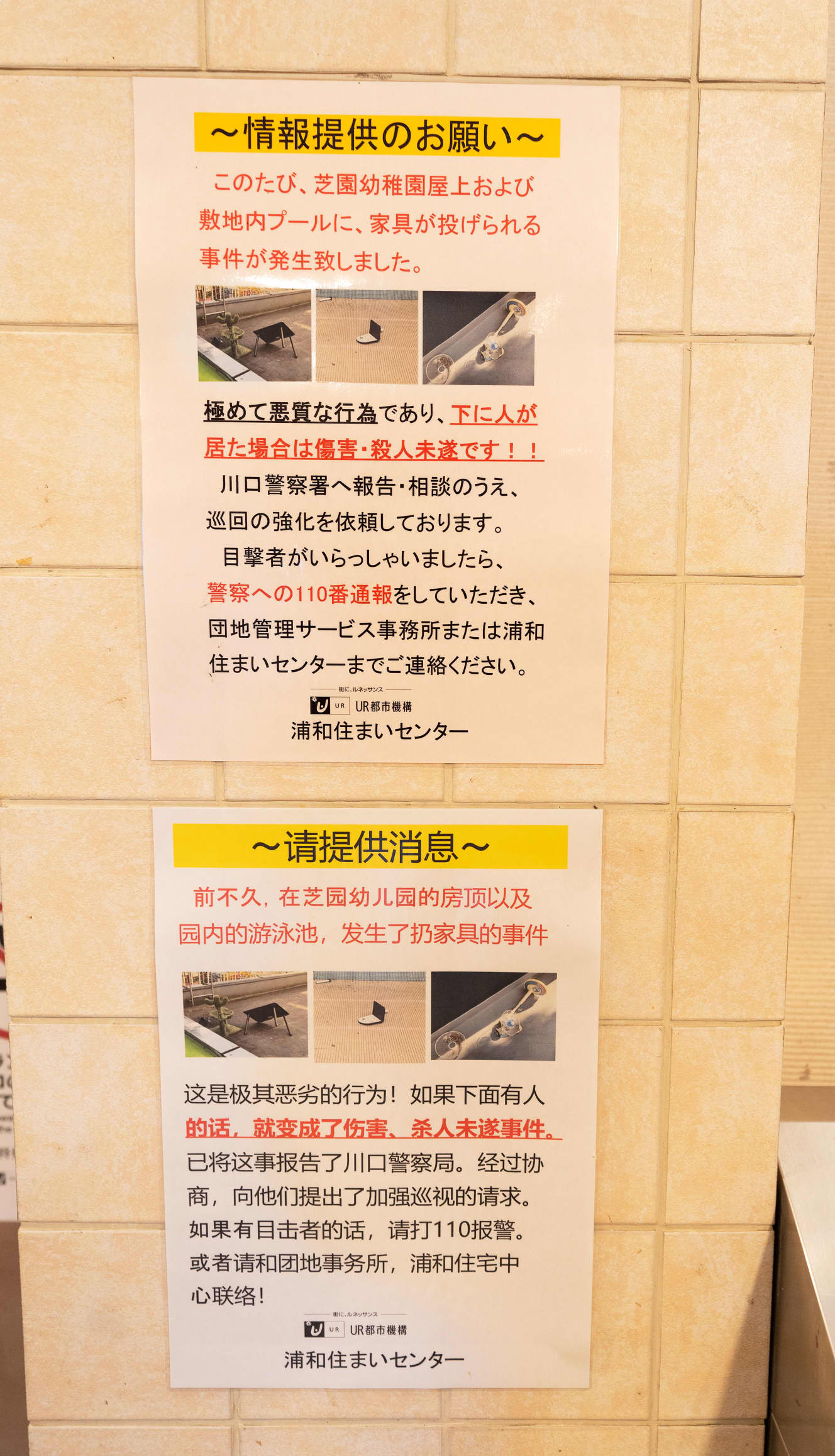
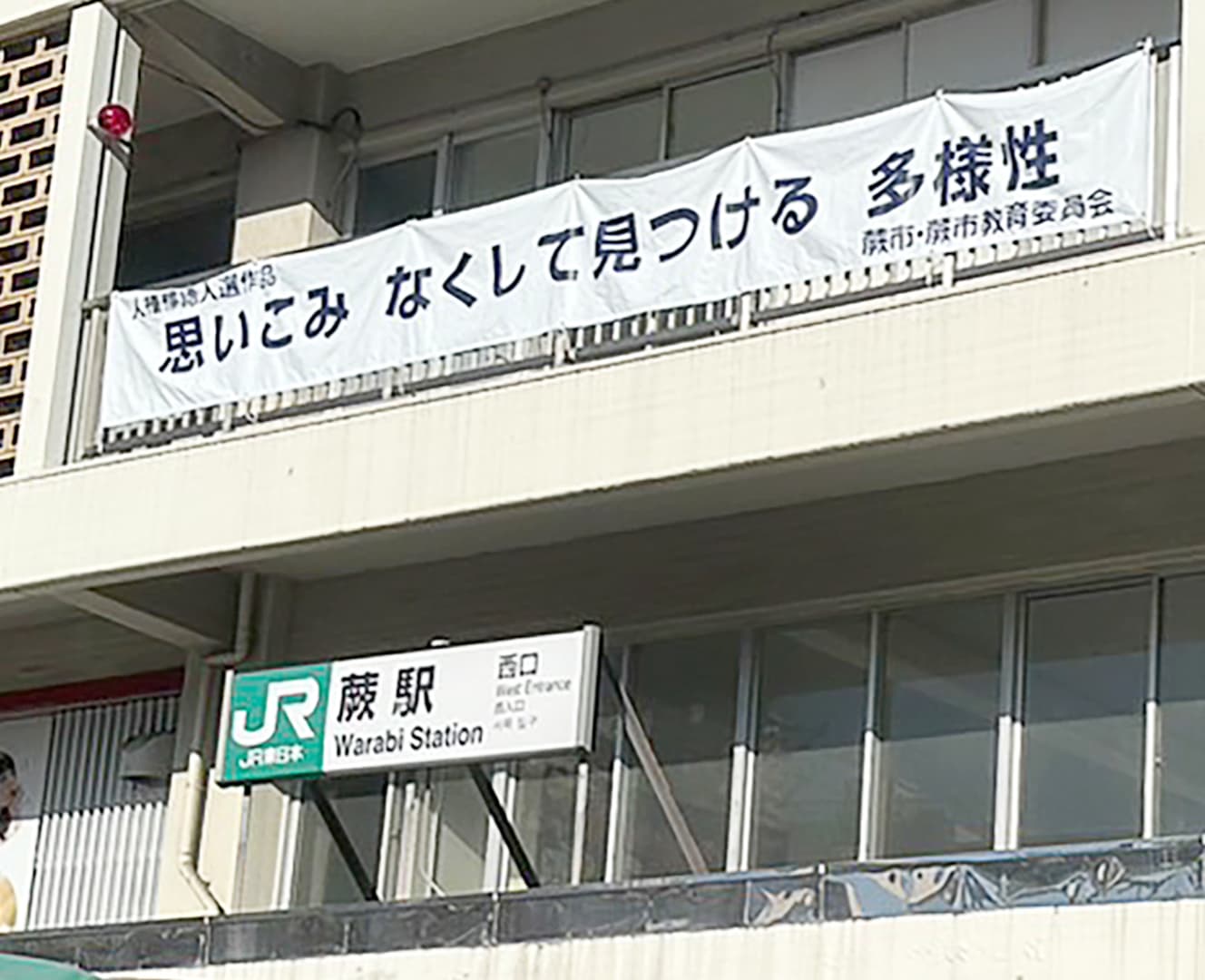
Shimei Kurita
Born in ’87. She covers a wide range of topics, including sports, economics, incidents, and overseas affairs. He is the author of “Surviving the COVID-19 crisis: Taxi Industry Survival. Aim for Koshien! The Insatiable Challenge of a Preparatory School Baseball Club” and many other composition books.
From the January 26, 2024 issue of FRIDAY
Interview and text: Shimei Kurita (Nonfiction writer) PHOTO: Takayuki Ogawauchi, Shimei Kurita